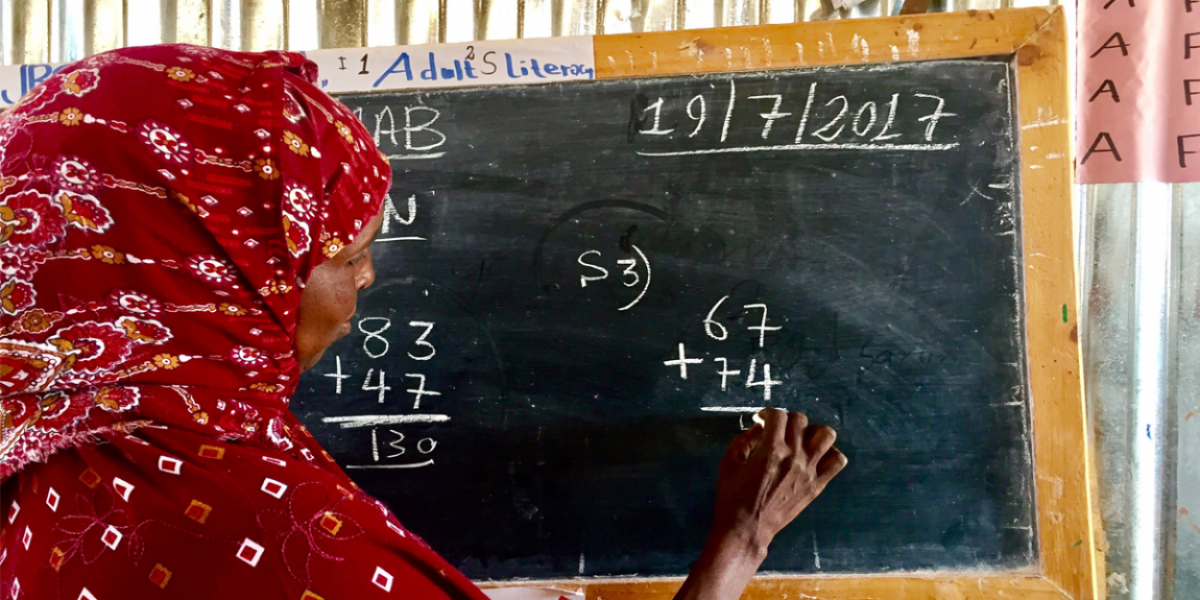Ethiopia: Instilling Hope in Refugee Children
21 February 2017| Angela Wells

Osmaan* has spent his entire life building from the ground up. Born into a farming family in what used to be northern Ethiopia, he later moved to Sudan, working for American oil companies, digging to the depths of Sudan’s oil fields. He was later politically involved in the Eritrean liberation movement, but becoming displaced from political persecution decades later, he no longer trusts the leadership he fought for years ago.
Today – in an Ethiopian refugee camp – he feels the world has forgotten his people. Osmaan describes the harsh reality of the most isolated country in Africa, and one of the most in the world thus “the government is not ours. (Eritrean leadership) won’t ever allow us to live in peace, they control everything. Laws cannot defend ignorant people so they deliberately shut down the only university. They are slowly killing society.”
Finishing school with a diploma in Eritrea, he says, is like winning the lottery. “The lucky ones get to finish school, but 95% are taken to Sawa (military), serving infinite years of service. When fighters get sick or old, they are thrown out or they’re executed. Anyone who questions the system goes behind the bars” he said.
Unfortunately he fears the educated of his and his children’s’ generations have disappeared – either to the diaspora or to their deaths. Yet, the younger generation is the country’s only hope. The only way of unlocking these minds, he says, is by offering those who have managed to escape with education, with the space to think critically about their world. Without education, he says, people are “walking dead.”
Osmaan’s life will, most likely, end one day while still in exile. His only hope, he says, for a country he once strives to build is in the camps’ children.



